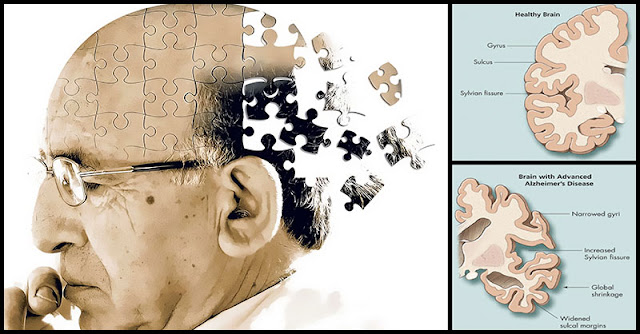Typically occurring in the later life of a person is a condition known to be Alzheimer’s disease. Treatment for it is highly problematic because it has no known cure. What makes it worst is that its detection is often difficult which leads to a point or situation wherein you have nothing to do but to only watch the patient until he/she is being taken over by the disease.
Can anything be done to at least improve this overall situation?
Of course, there is still hope. A group of scientist from Australia and Japan worked together in developing a new kind of blood test which has a vital role in detecting the build-up of amyloid beta, a toxic protein that is connected with the development of Alzheimer’s disease. The result of their study was published in the journal “Nature.”
Their tests involved trials on three groups of people: healthy people, people with memory loss, and people with Alzheimer’s disease. According to the researchers, their method proved accurate and effective for 90% of their tests. Though their works are currently at an early stage of development and need further testing, researchers said that its results show great promise.
So what’s the exact role of the protein fragment amyloid beta in Alzheimer’s Disease?
Some scientists from the Stanford University’s School of Medicine conducted a study which revealed that amyloid beta has been “strongly implicated” in the disease. It terminates synapses before clumping into plaques that sooner or later result in nerve cell death. Synapses refer to the connection between nerve cells that enables all cognitive functions.
This new method developed by the researchers could possibly assess the ratios of types of amyloid fragment present in patients, thus, enabling the accurate prediction of the level of amyloid beta in the brain. What’s really happening inside the brain can be possibly checked through the blood tests of the patients.
Dr. Abdul Hye from King’s College London, states that:
“This study has major implications as it is the first time a group has shown a strong association of blood plasma amyloid with brain and cerebrospinal fluid.”
Since a blood test is far cheaper than a brain scan, the creation of their new method can also be related to cost savings. The researchers further noted that their method can be useful for “ potentially enabling broader clinical access and efficient population screening.” Though when it comes to actual treatment of patients, it will not be of any use still, it will at least help in the possibility of early detection of Alzheimer’s disease.
Professor Tara Spires-Jones from the Center for Discovery Brain Sciences at the University of Edinburgh said that:
“These data are very promising and may be incredibly useful in the future in particular for choosing which people are suited for clinical trials and for measuring whether amyloid levels are changed by treatments in trials.”
Even if this method is only going to be helpful in the screening process, it can still be an important asset in detecting chronic diseases like Alzheimer’s.









